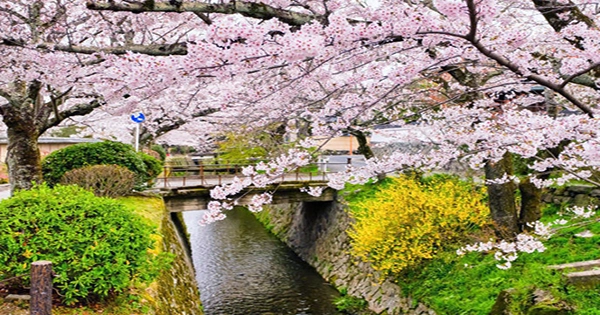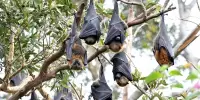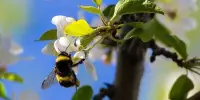A bamboo species known as henon, Phyllostachys nigra var. henonis, only blossoms once every 120 years. Though this may appear to be a long time to postpone blossoming, the bamboo dies soon after, so don’t be too hasty to criticize.
Botanists don’t get many opportunities to investigate how plants rejuvenate because they flower over a century apart. The last big flowering event occurred in 1908, while there was minor blossoming between 1903 and 1912, putting the next major occurrence around 2028.
However, in 2020, Hiroshima University researchers discovered a plant that bloomed early to beat the crowds, taking advantage of the opportunity to explore how it regenerates. Unfortunately, the researchers discovered that the next blossoming event may be disastrous for bamboo productivity and the ecosystem.

“The bamboo did not produce any viable seeds that can germinate,” stated first author Toshihiro Yamada in a statement. “After flowering, production of bamboo shoots was halted.” This bamboo showed no signs of regrowth after flowering for the first three years.”
The team’s investigations also revealed that the plant does not reproduce asexually.
“All culms died in the study site, with no sign of regeneration by seed, culm, or dwarf ramet production apparent,” the researchers wrote in their paper. “These results suggest a dark future for P. nigra var. henonis in Japan: the species may be hard to regenerate after flowering.”
The authors anticipate that bamboo regrowth will be gradual, lasting several years in areas where the bamboo cannot be harvested, with a significant economic impact.
“Another concern regarding this dieback are the environmental impacts,” the authors write, “which may lead to drastic changes in vegetation and land cover.”
















